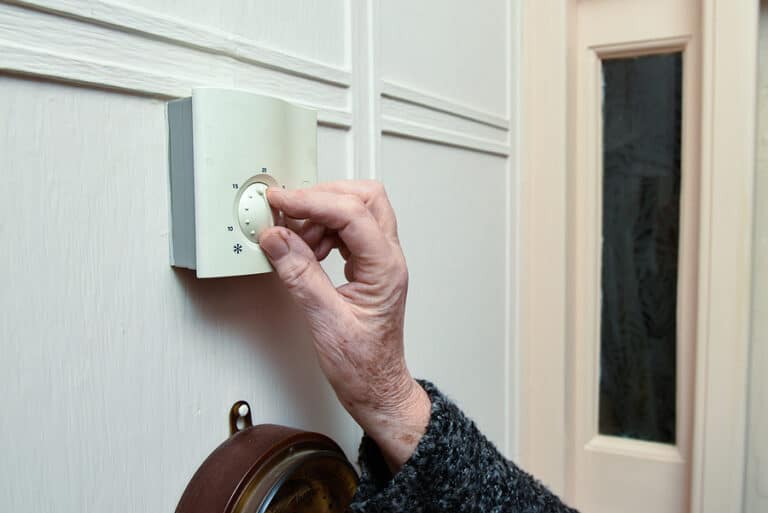Spring is quickly fading away, and in its place is the heat of summer. This is the best time of year to get out of the house and into nature, but there is also some risk with this. Winter is cold and can be dangerous, but in the summer, there is heat that can be just as dangerous. A senior can overheat quickly, and unfortunately, if your senior lives on their own, they may forget to stay hydrated, which can make the summer heat feel so much worse. Here is everything you need to know about heat stress and learning how to deal with heat stress.
Understanding the Signs of Heat Stress
You may hear the term heat stroke or heat stress and wonder what that actually means. It just means that someone has been exposed to extreme heat and feels sick or becomes injured due to the heat. If the weather is too warm, your senior may start feeling ill because of the heat. It can be best to avoid midday when it’s the hottest out in the summer. If your loved one wants to go outside, senior home care should ensure they go out in the morning or evening when the sun is lower and not right in the middle of the sky when it’s hottest. Here are some of the signs of heat stroke.
Heat Cramps
If your senior is overheating, they may start cramping. This is something that senior home care should be paying attention to. If your loved one is cramping, they may feel it in their arms, legs, or stomach. This can be uncomfortable to downright painful, and it’s important for senior home care to keep an eye on this. If it becomes too bad, your loved one may need to go to the hospital.
Heat Exhaustion
When a senior is sweating out all of their fluids and not intaking enough fluids, it can be exhausting on their body. It means a senior’s body cannot cool off fast enough and can make them really uncomfortable. A senior’s blood pressure may also rise to dangerous levels, which may need to be monitored.
Heat Stroke
One of the most severe things that can happen is heat stroke, and this should be avoided at all costs. This is when a senior fails to sweat, is not drinking water, and the body can no longer cool down at any point. Medical intervention will be necessary at this point. Your loved one may have a very high fever at this point. It is so important for senior home care not to let it get to this point, and most of the time, they can help a senior stop it from getting to this point.
Senior home care may help a senior bathe in cool water, drink more by ensuring there is a full glass nearby, and ensuring they stay in the shade protected from the harsh sun. This weather is beautiful but can be just as deadly as the wintertime.
If you or an aging loved-one are considering senior home care in Raleigh, NC please contact the caring staff at Affordable Family Care. Serving Raleigh, Greensboro, and the surrounding areas in North Carolina. Call today 919-676-1070.
- The Benefits Of Home Care For Seniors With Arthritis - April 9, 2025
- Does Your Mom or Dad Need 24-Hour Home Care? - March 27, 2025
- Why Sun Protection Is So Important For Seniors - March 7, 2025







